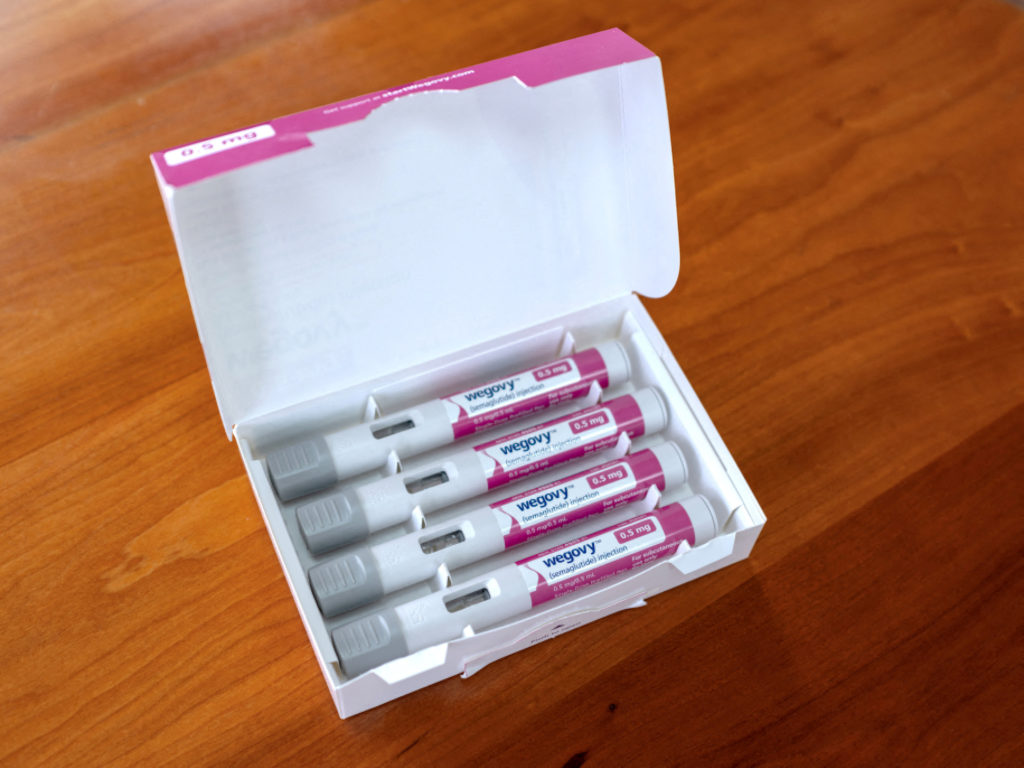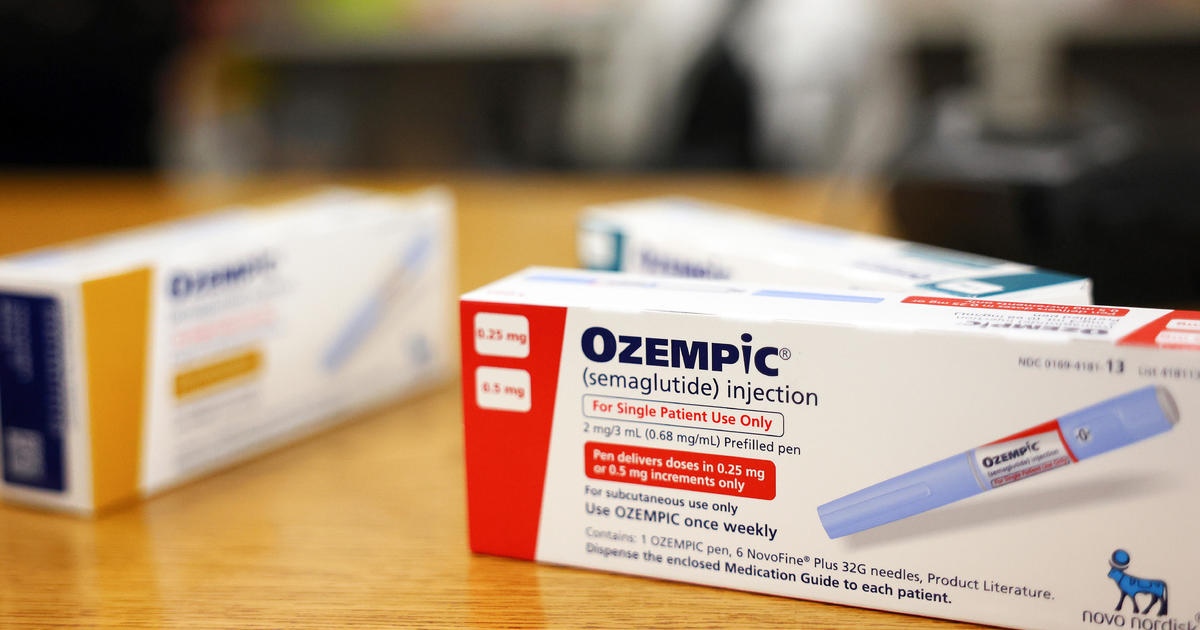Prescription weight loss drugs like GLP-1 medications, including popular brands like Ozempic, Wegovy, and Victoza, have surged in popularity in the U.S., leading to supply shortages. People like Jean Readdy, a retired teacher, are part of the growing population turning to these drugs for weight loss or diabetes management.
Readdy, who struggled with her weight for most of her life, sought help after feeling self-conscious about her appearance, especially before her son’s wedding. However, the high cost and scarcity of brand-name drugs led her to seek alternatives.
Readdy eventually switched to compounded drugs, which are reformulated versions allowed by the FDA during drug shortages. These compounded versions offer a more affordable option, with Readdy’s monthly cost dropping from $1,200 for Zepbound to $399 for a compounded tirzepatide.
Online communities have become a vital resource for individuals seeking weight loss drugs, sharing information on where to find compounded versions, and discussing potential side effects. Companies advertising access to these drugs have increased significantly as the demand continues to grow.

However, compounded drugs come with risks, as they are not regulated for safety or efficacy by the FDA. Medical experts warn about the lack of oversight and potential quality issues, with some compounded semaglutide samples being contaminated or containing incorrect dosages.
These medications are harder to administer since they usually come in vials with needles instead of pre-filled pens like the brand-name drugs, raising concerns about dosing errors.
Many telehealth companies advertise compounded weight-loss drugs as generic versions of brand-name medications, but this can be misleading. Some companies do not disclose that the drugs are compounded, and a few falsely claim they are FDA-approved.
The FDA has been monitoring the situation and may limit the production of compounded drugs as more approved versions of weight-loss medications become available. Pharmaceutical companies like Eli Lilly have also taken steps to reduce prices and introduce their telehealth services, further influencing the market.
Despite the potential risks and ongoing regulatory efforts, Readdy has experienced significant success, losing over 50 pounds with her compounded medication. She plans to continue using the drug and worries it may be restricted in the future. For Readdy and many others, these drugs represent a life-changing solution, despite the challenges of accessibility and safety.
